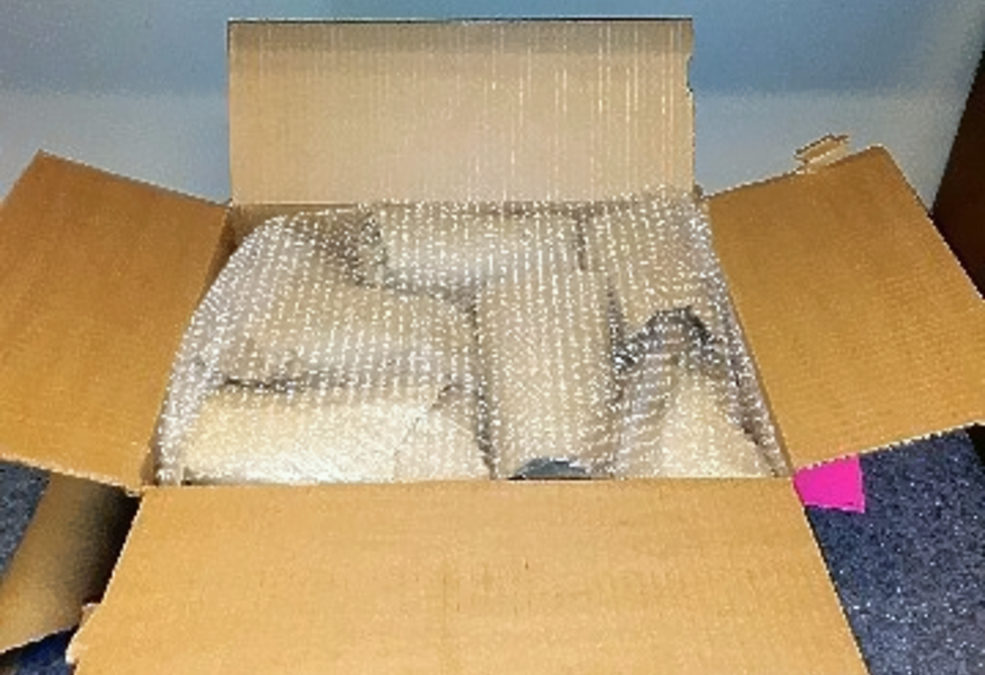There is a lot more to moving than just finding the perfect home.
During the moving process, there will be a lot of planning, organizing, and packing. Unfortunately, many people find packing and moving to be one of the most stressful events of their life.
While packing for a move is time-consuming and challenging, there are ways to make your move go more smoothly. Coming up with a plan can help ease your worries and save you time in the long run.
It would be beneficial if your plan included a list of the supplies you’ll need to move, how to sort your items, and which items to pack first. No one wants to pack something they use daily, a week before their move.
Before the packing process
Before you start packing your belongings, you will need to make sure that you decide what you’ll be moving, which items to pack first, and the proper moving supplies and materials.
Create an inventory
One of the best ways to figure out what you’ll want to move to your new home is to visit each room in your house. Then, create an inventory of all of the items you have. This will help you determine what type of supplies you’ll need and how many of them to purchase.
Have your supplies ready
Once you have a pretty good idea of what moving materials you will need, you can purchase them from your moving company. By going this route, rather than buying from a store, you could receive deals and discounts. It is always best to call and find out.
Sorting your items
When it comes to packing, you don’t want to procrastinate until the day before moving and throw everything into boxes. This is a sure way to lose items, break belongings, and bring unwanted things into your new home. By sorting your possessions, you will be more organized and know what is moving with you.
Sorting and labeling your items will also make it easier for the moving company that is helping you move. The better organized you are before packing, the more organized your boxes will be, meaning your belongings will end up in their proper rooms.
Selling
You may have unwanted possessions that are still in excellent condition. These are the ones you will want to sell—especially furniture and oversized items. You can set up a garage sale, or sell them online. Both ways are convenient and relatively easy.
Donating
For belongings that are still in good condition but not worth much money, or the time it would take to sell them, you can donate.
You may have friends or family members who would be interested in clothes you no longer wear, paintings or wall art that won’t match your new home, and other things that are just collecting dust.
You can also donate to churches and different charities that are often looking for things like clothes, kids’ items, and sometimes even furniture.
Recycling
If you have outdated, worn out, or broken items, they may need to be discarded differently. You wouldn’t want to sell them, and some things just don’t belong in the trash. You can recycle old cell phones or other electronics, old batteries, plastic, paper, glass, etc. By recycling, you will be saving these items from landfills and from harming the environment.
Packing
After you have sorted through what you no longer want, you should have a good idea of what you will be keeping. Items that will come with you may include sentimental and valuable ones, those you use daily, and ones you will use in the future.
Packing from room to room
Deciding which rooms to pack first isn’t as tricky as it sounds. Consider each room, how often you use the room, and how frequently you use the items.
Attic and basement
You can start with your attic and basement, as these are typically used as storage areas. These are also the rooms where you may find the most junk while sorting through your belongings.
Garage
It’s a good idea to sort through and pack your garage early on. While your power tools, gardening tools, and car-related things are stored here, you may have collected junk, recyclables, and hazardous items that cannot be transported.
Closets
While small, closets hold all sorts of random things—shoes, coats, out-of-season clothing, sporting equipment, and more. A lot of what you find in your closets can be packed first and put aside.
Spare Rrooms
Spare rooms don’t usually hold many items, so this room should be reasonably easy to pack. Though, some use their spare rooms as extra storage areas for books, wall art, and knick-knacks. If this sounds like you, these extras can be packed sooner rather than later.
Kitchen
You will use your kitchen until the day of your move, but that doesn’t mean you shouldn’t start packing it sooner. The kitchen holds a lot of different cooking tools and utensils that don’t get much use. Start by packing that fine china that only gets used once a year.
Living Rrooms
If your living room consists of china cabinets and bookshelves, you may want to start packing up the items that reside on them. Leave out only your electronics and belongings that you use daily.
Your bedroom
While you will want to make sure to leave out enough clothing, you can pack most of your bedroom weeks before your moving day.
Kids rooms
Your children’s bedrooms should be one of the last rooms that you pack. There may be many toys and objects in their rooms, but packing their favorite toys too soon could make a move harder on them.
Bathroom
Since your bathroom is one of the most used rooms in your house, you can save it for last. Even if your bathroom holds a lot of products, it will be easy to pack and organize.
The Takeaway
Moving may seem intimidating, but you can avoid unnecessary stress and anxiety by starting your preparation early. A little thought and organization can go a long way.
If you have any questions about your moving or storage needs, let Road Scholars Moving and Storage Company give you some answers.

